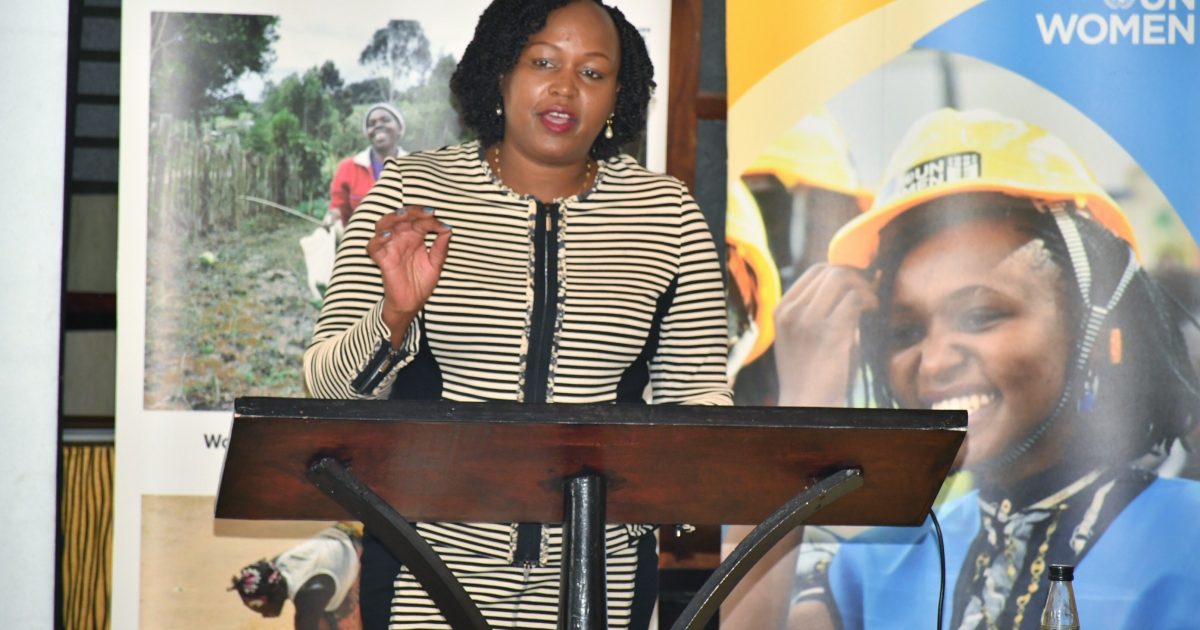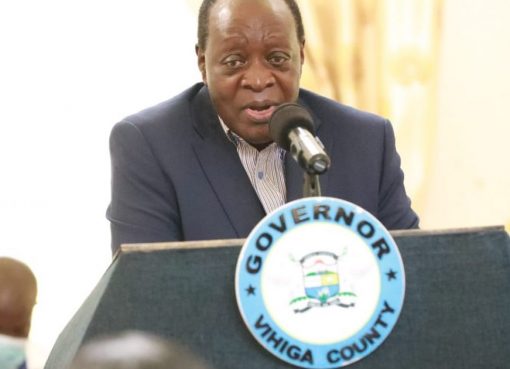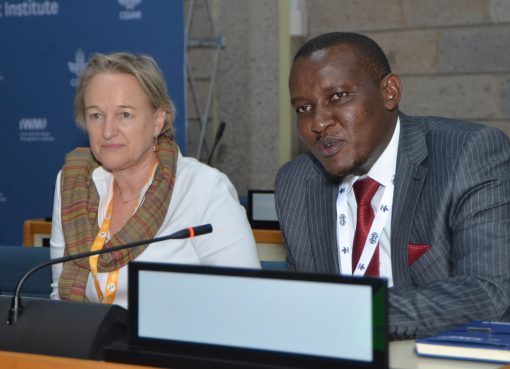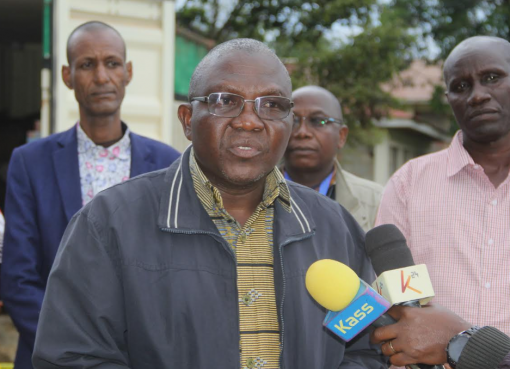The government through the State Department for Gender and Affirmative Action has initiated the development of the National Care Policy to bridge the existing gender pay gap disparities.
The policy once finalized will address the gaps in unpaid care and domestic work where the burden falls disproportionately on women especially from marginalized areas.
According to the Principal Secretary for Gender and Affirmative Action Veronica Nduva, women perform 76% of all unpaid care work which worsens gender inequalities and hinders participation of women in national development.
The PS said heavy and unequal care initiatives undermines women and girls’ rights by excluding them from opportunities to engage in decent paid work, education and political life and leisure activities.
The PS, speaking in Naivasha said a consultative forum from both state and non-state actors will help to generate key thematic areas to guide in the formulation of the policy.
Ms Nduva said the government is committed to accelerate care work initiatives by rolling out programmes which will deepen inclusivity and ensure equal pay and equal work for all genders.
Ms Nduva said the comprehensive draft policy will address the known causes of unpaid care work including cultural and social norms, weak legislation and policies and uneven economic environment and labor structures.
The PS noted that a Time Use Survey coordinated by the Kenya National Bureau of Statistics (KNBS) revealed that women undertake seven times care work as compared to men.
“The draft policy formulation and its implementation will be critical to the wellbeing of women and girls in enhancing their participation to the country’s development agenda”, said the PS.
She said global studies indicate that it will take up to 150 years to achieve gender parity and there is need to accelerate programs that involves women participation who are often unpaid, underpaid and undervalued.
The PS said the government is dedicated to implementing the policy commitment before the year 2030 among other gender related indicators through the provision of public services, infrastructures and social protection policies.
She said that the majority of women and girls living in low-income settings, rural areas and urban informal settlements and those with low levels of education and household income shoulder greater unpaid care workload.
Ms.Nduva said that the spread and the containment measures brought by the COVID-19 pandemic adversely affected women and girls by reducing the global gains on gender parity.
Consequently, the PS called on research agencies to accelerate evidence generation in unpaid care and domestic work sector to guide and inform policy decisions and interventions to bridge the existing gap.
She noted that in collaboration with UN Women and other non-state actors, they have established a multi-sectorial technical working group to coordinate the formulation of the policy and guide its implementation.
By Erastus Gichohi





